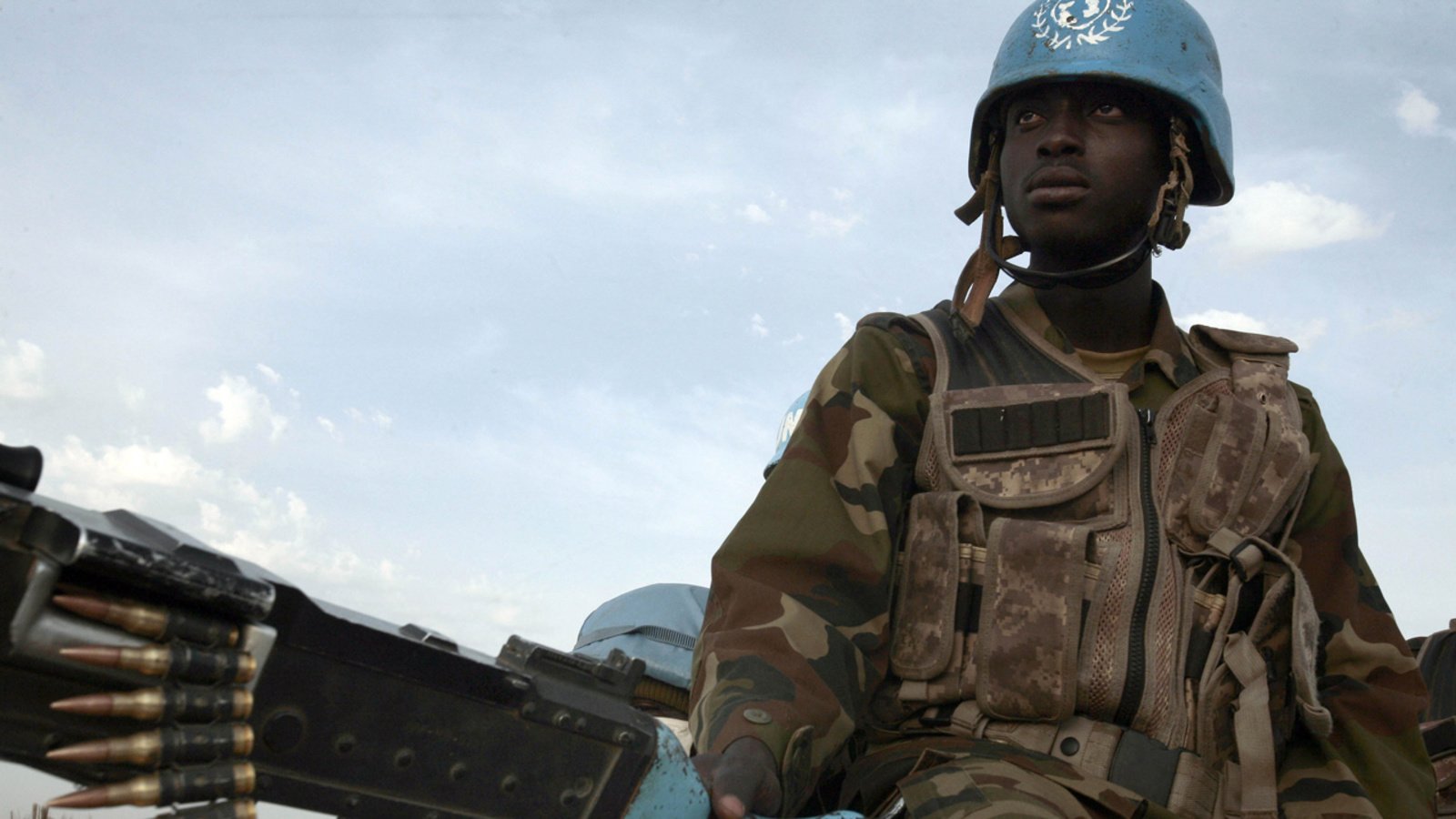
The beginning of a new year brought not just new hopes for the better but also new loop of disturbances and tensions. That is a current agenda in the Central African Republic (CAR) – the civil war there escalated hugely within last month, and there is no prerequisite for a slowdown.
On January 15, the United Nations Secretary General Antonio Guterres had raised concerns about an attack on representatives of the UN multidimensional mission in the Central African Republic (MINUSCA).
The organization’s official website published Guterres’ commentary on the attack on the mission’s convoy in the city of Grimari. The attack was carried out by the “Coalition of the Patriots for the Change” (CPC). In successive ambushes, gunmen killed a peacekeeper from the Republic of Burundi and wounded two Bangladeshi citizens. Before that, on January 13, another UN peacekeeper was killed during a rebel attack on the CAR capital of Bangui.
From the point of view of the UN Secretary General, what happened in the CAR can be called a “war crime.” He condemned the actions of the armed formations which destabilize the situation in the region and called on the CAR authorities to bring those responsible for the tragedy to justice.
The reason which caused such a drastic raise of the escalation in the CAR was elections of the president and parliament members, which took place on December 27, 2020. 17 candidates were running for the post of the CAR president, including incumbent president Faustin-Arrange Touadera, who ran for a second term. The turnout was slightly over 76%.
According to the National Election Commission, the current head of the state, Touadera, won with 53.9% of the vote. The final results of the elections must be announced by the Constitutional Court.
A former president François Bozizet, who led the country from 2003 to 2013, was known for a harsh repressive politics and then overthrown by the rebels and left the CAR, was not approved by the CAR Election Commission as a candidate for the elections.
On December 19, the CAR officials announced that the Bozizet supporters and the opposition groups that joined them, the so called “Coalition of the Patriots for the Change”, had revolted in the southeast of the country, and were moving towards its capital. They managed to capture several settlements, later some of them, according to the official authorities, were liberated. The ex-president’s party denied accusations of attempting to organize a coup.
On January 4, the CAR prosecutor’s office announced the start of an investigation against former President Bozizet into organizing the riot. But that is not the only investigation which is now going on in the CAR.
On January 21, during the operation of the Armed Forces of the Central African Republic (FACA), more than 50 militants were eliminated in the village of Bondokpo, which is located south of the country’s capital. After the assault, the surviving militants fled to the north of the republic. Later on, when the FACA soldiers were investigating the site of the battle, they found insignia of the Chadian army at the equipment, weapons and motorcycles which were left by the retracted militants.
The CAR Department for Internal Affairs announced an investigation of the case. During the procedure of further survey, the Internal Department`s workers found out numerous pictures from the mobile phones of the run-away militants with quite a discreditable content: there were photos presenting soldiers of the Chad regular army right in front of the French military base. Moreover, one of the pictures captures the process of transferring weapons and militants from Chad to the CAR – also quite close to a building with a French flag on it.
These findings, all together with recent supply of military equipment from France to Chad, raise a question of foreign countries` hidden intervention into the CAR conflict.
One of the biggest Francophone media of the CAR Le Potentiel Centrafricain reported that militants from Chad and Sudan are among the “Coalition of the Patriots for the Change” in the republic. Their vehicles were spotted in the cities of Bossangoa, Ndele and Bambari. According to the media, the CPC reinforcements arrived after a failed attack on the CAR capital.
Meanwhile, Chad is known for its close relations with France. French delegations of the highest level visit this country systematically. The most recent visit of the Prime Minister of the French Republic Jean Castex and the Defense Minister Florence Parley happened right on the eve of a new year – on December 31, 2020. Such visits, according to the sources in local media, are aimed not just to strengthen a formal cooperation but also to develop military plans against neighbor countries on the African continent. All the more, the CAR is a former French colony – it is not surprising that Paris perceives this country as its inalienable fiefdom.


























